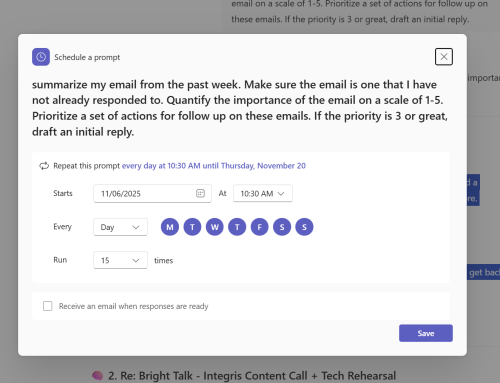Note-taking software has come a long way since the humble Notepad first appeared nearly 30 years ago with Windows 1.0. The advent of cloud and mobile computing has seen software in this market evolve substantially over the last few years and there is now a vast array of options on the market which, combined with mobile and tablet devices, make a very worthy alternative to traditional pen and paper.
The modern note-taking application will usually have some kind of cloud storage, work across multiple devices or via the web and have options for collaboration. In addition they will often store photographs, audio, video and even allow you to create notes from email or web browsers. Search of course is important and methods to organise, tag and find your notes are essential.
So let’s have a brief look at the main players in the note-taking applications arena:
Evernote is the clear leader principally because it offers so much functionality for free. It also has exceptional cross platform integration, is easy to use and has intuitive organisational tools. The paid for versions of Evernote have centralised administration and management tools making them ideal for business.
Onenote is a product supplied for many years as part of Microsoft Office. More recently is has gained cloud storage using OneDrive, OneDrive for Business and SharePoint and has gained a collection of mobile apps for anywhere access. Onenote has excellent editing features but is a little more cumbersome to use and manage than Evernnote.
A simpler product designed to work with the Google Apps suite of products. It is free but has little integration with other platforms and no collaboration functionality.
If you are interested in using note taking tools to help organise your work life better, contact Pro Drive to find out more.







